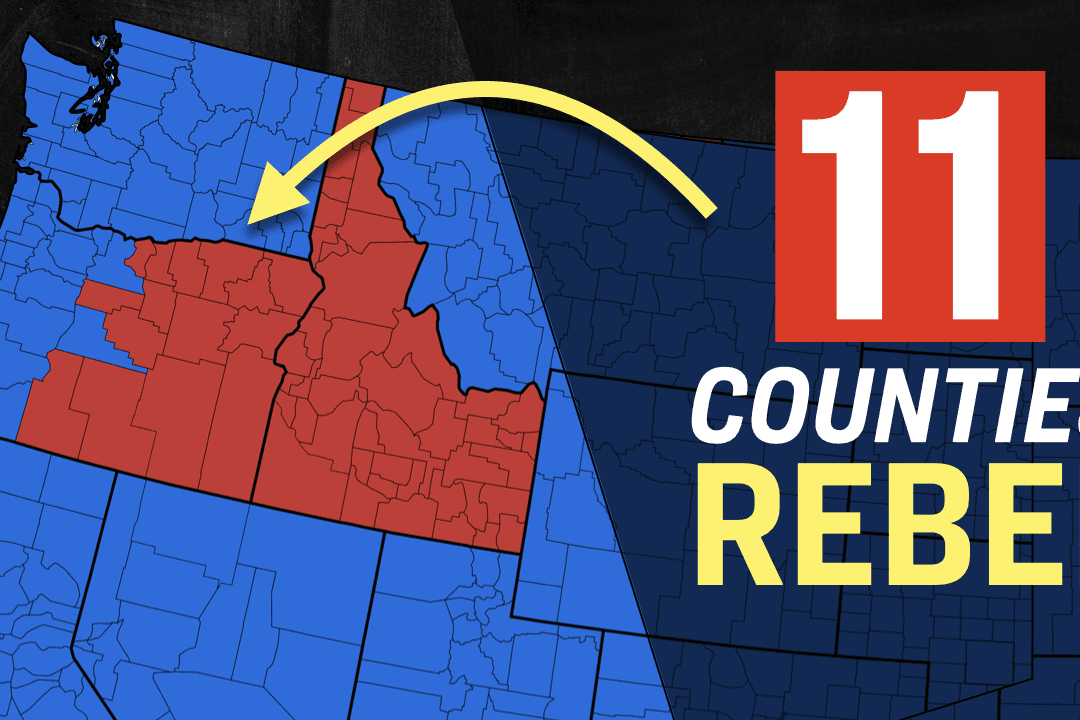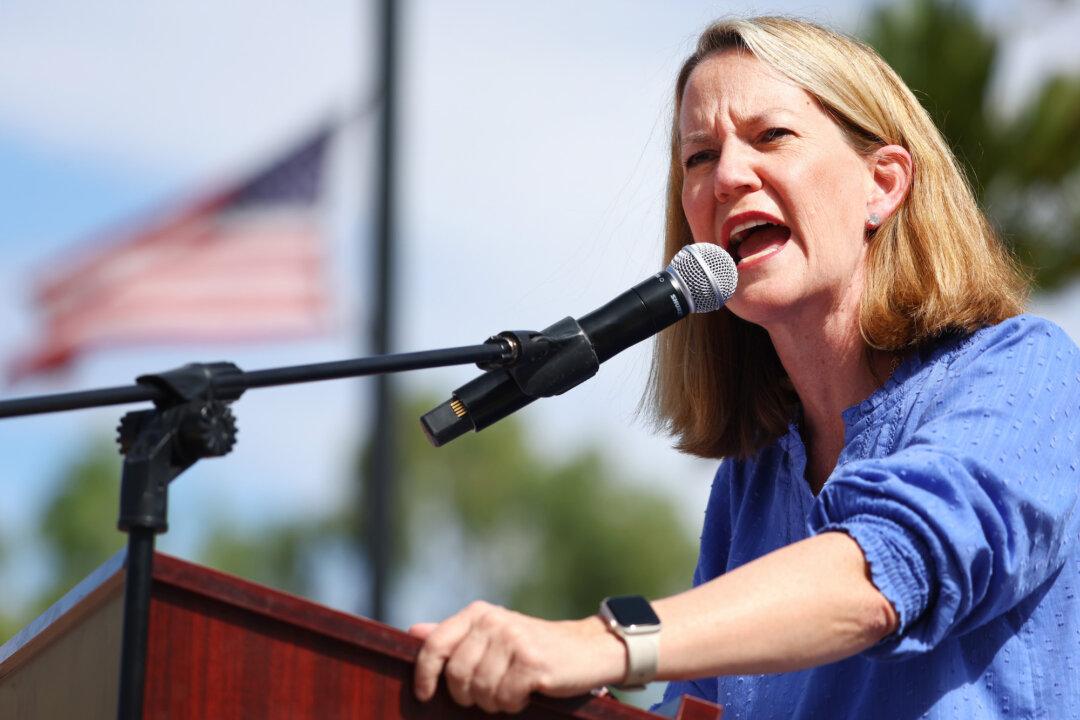The Idaho House of Representatives has approved a proposal to pursue merging some conservative-leaning counties from eastern Oregon into Idaho.
On Feb. 15, the Idaho lawmakers voted 41–28, with one abstention, in support of House Joint Memorial 1—the “Greater Idaho” bill. The bill now moves to the state Senate for a final vote.





